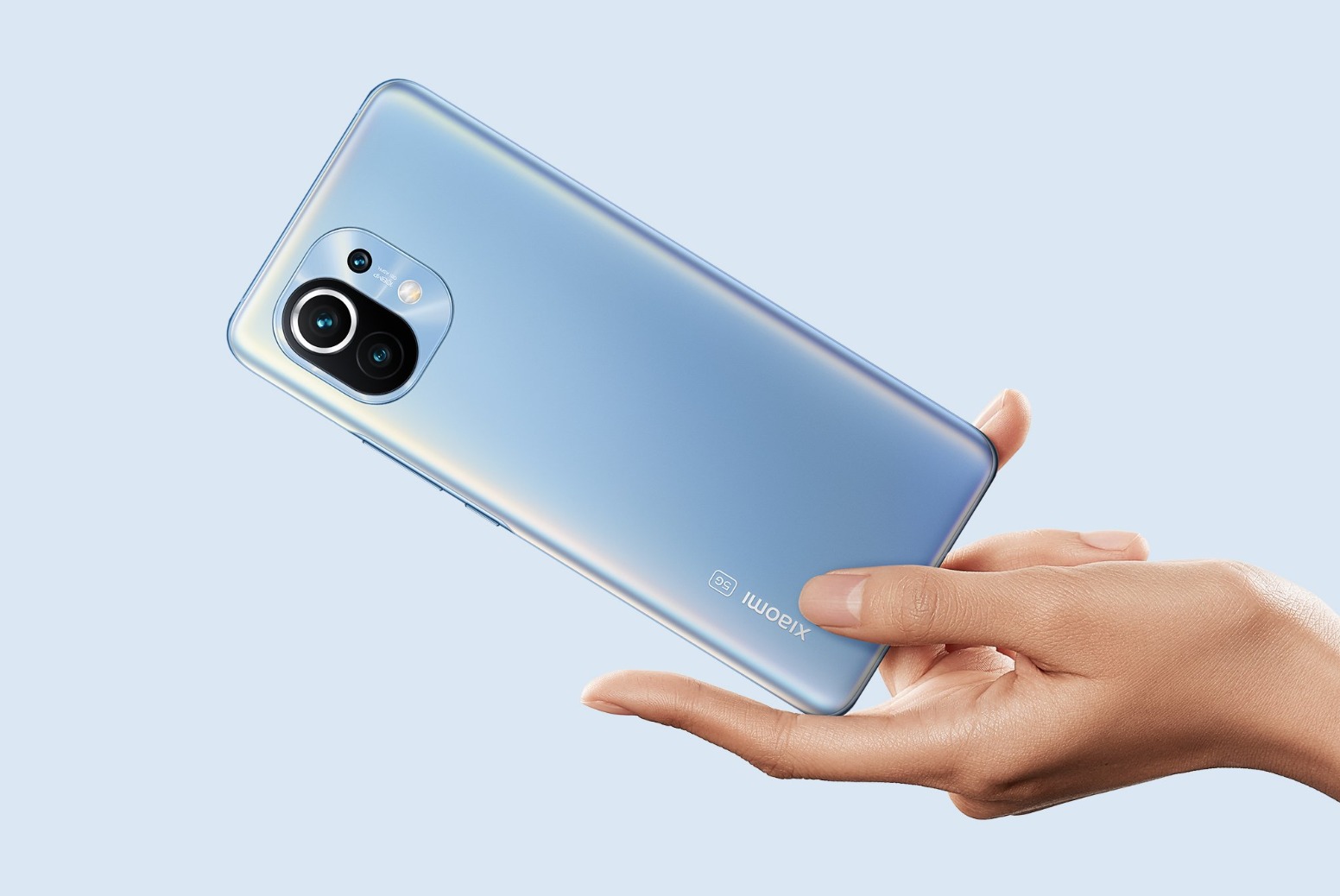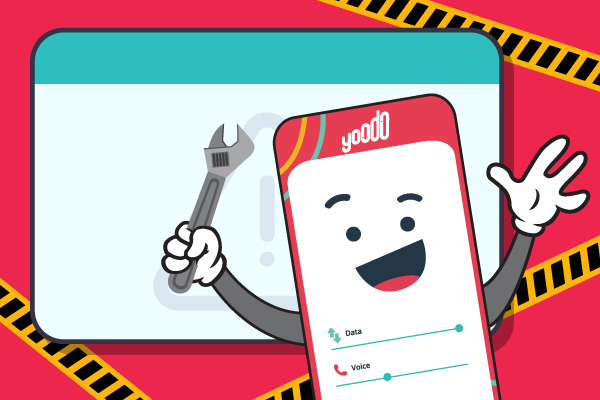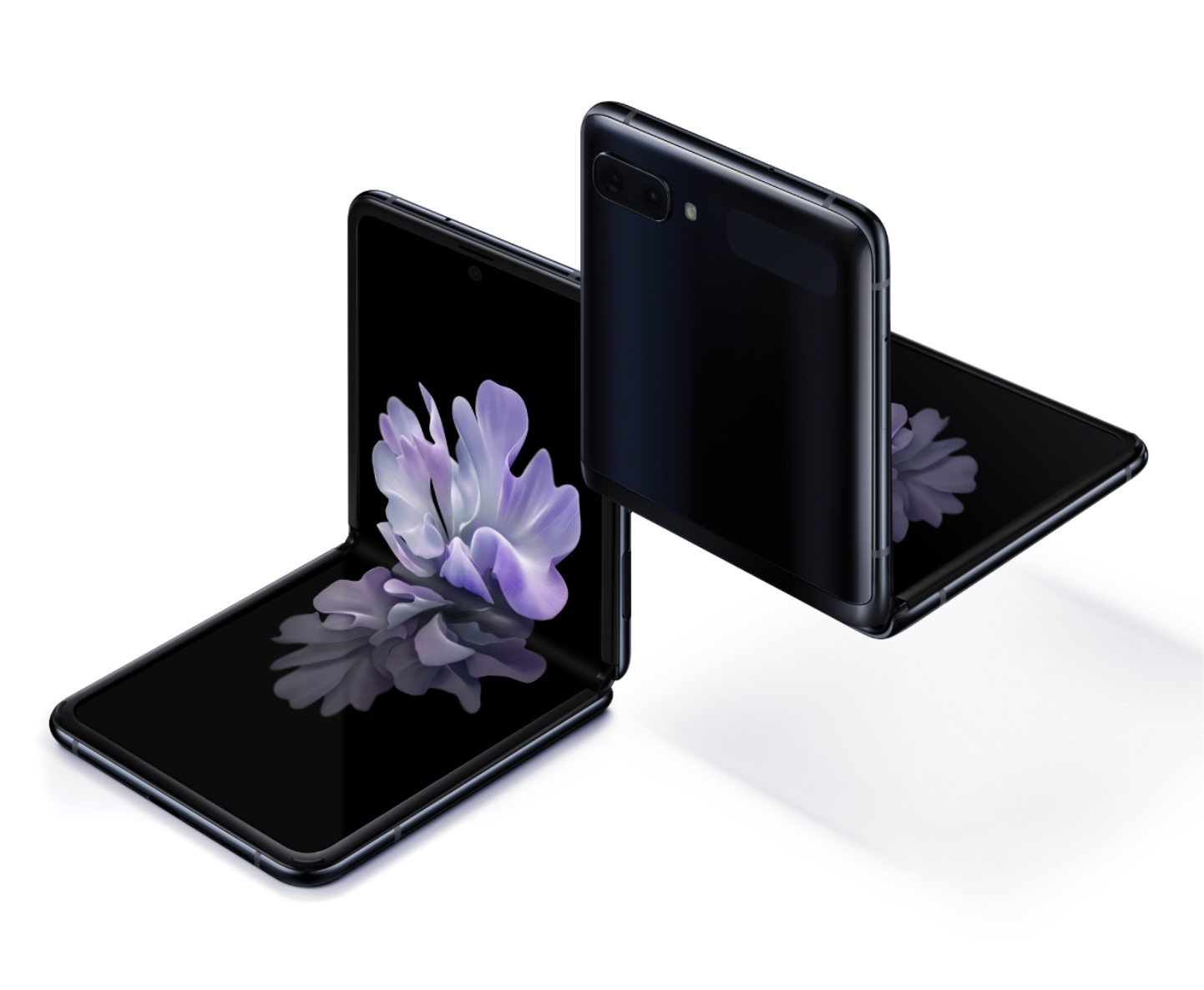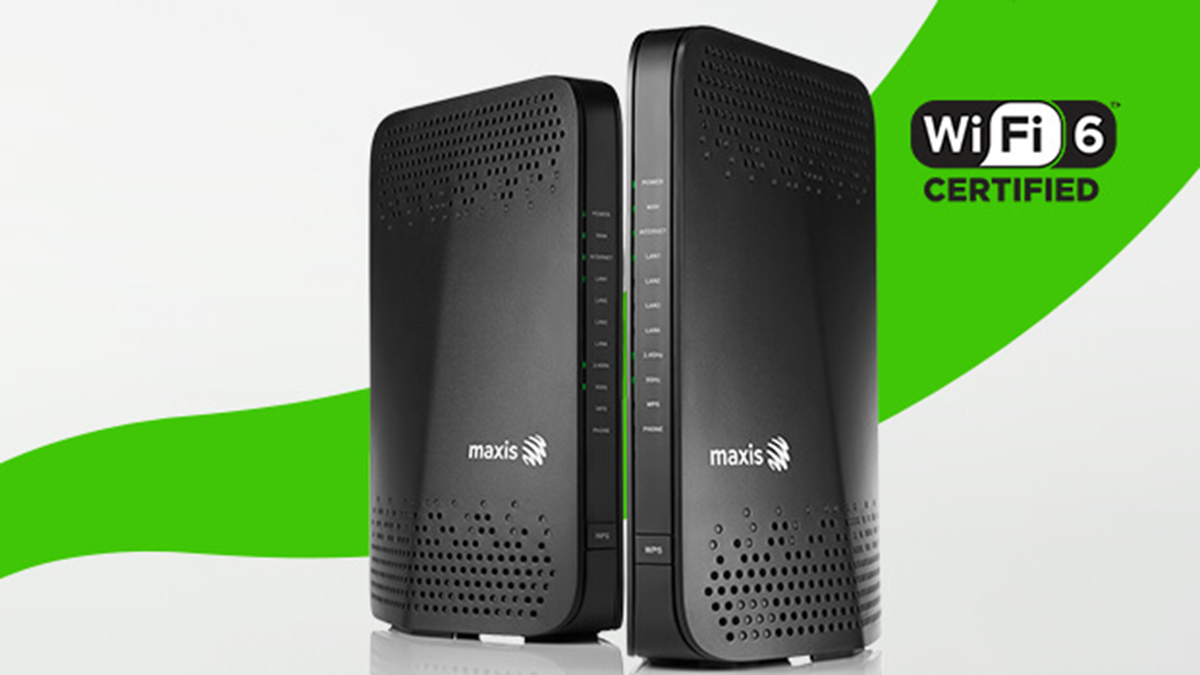Before looking at the hardware of the phone to decide if it will look good on you, or even before deciding if the spec sheet is powerful enough, what you should consider first is the operating system that suits your needs.
It is no longer just a debate between iOS and Android, Microsoft has made a comeback with Windows Phone 8, and Blackberry 10 is set to make RIM relevant again.
Each one has their own advantages and disadvantages, let us take a look:
Pros
First advantage of the iOS is its simplicity. Of all the mobile device platforms available right now, nothing matches the iOS when it comes to ease of use. There is just one physical button – the home button, and everything else is apps based. And speaking of apps, Apple’s iOS is still the king of apps. And because the hardware and the operating system are produced by the same manufacturer, it is easier for developers to come up with optimised apps for it. From games like Angry Birds and Temple Run to cloud apps like Dropbox for storage and RingCentral for business VoIP, the Apple store has an app for almost everything. Lastly, the iOS just flows. Using it is not only simple, it is also very smooth and fast, especially with the latest version, which is the iOS 6.
Cons
The price of simplicity is lack of customisation. You won’t be able to personalise the phone through widgets and such. In addition, the UI that the iPhone is sporting has remained relatively unchanged and to some people it just feels old.

Pros
If iOS is all about simplicity at the price of control, the Android is on the opposite end of the spectrum. Android is all about customisation. Manufacturers are given freedom to customise the OS to their liking by adding their own UI skins like Samsung’s TouchWiz and HTC’s Sense. It doesn’t end there. Users are also able to customise the phone through several home pages where they can add widgets and other details of their liking. Previously, the OS was criticised for lags, but through Project Butter, the latest version of the OS, which is Jelly Bean, now runs smoother than ever. And because it is an open platform, you get more hardware choices from different manufacturers.
Cons
I do not buy the criticism that the Android is a complicated OS. It is not as simple as the iOS but it is not too difficult to understand as well. Its real disadvantage is fragmentation. Because Android phones are being produced by a multitude of manufacturers who customise it to give it their own touch, incremental updates of the OS becomes delayed or do not even arrive at all. That is because the updates have to be tested by manufacturers for compatibility before are forwarded to users’ handsets.
Pros
The most unique feature of the OS is its tile-based home screen. Instead of widgets, you get Live Tiles that also act as hubs that brings together apps with similar or related functionalities. You cannot find this practicality in either iOS or Android. It integrates well with the entire Microsoft ecosystem as well including Office, Bing, Xbox and Microsoft’s cloud services. The general theme of the OS is functionality, though. It may confuse first time users, but once you get the hang of it, it is organised and you get what you are looking for faster and easier.
Cons
The Windows phone 8 is unlike any other OS, even the previous Windows mobile OS. That is why you cannot upgrade previous Windows phones to Windows phone 8. Also, though a lot of the popular apps are also present in Windows store, it is still no match to Apple‘s App Store or Google’s Play Store. So if you want access to the latest apps, this is not the OS for you.

Pros
RIM’s BlackBerry is generally regarded as IT-friendly because of great security management. That is why some companies still insist that it should be the standard issued phone for employees. It also made its name as a great mobile business OS because of strong email capabilities and easy to use messaging features. The QWERTY keypad is also a plus because there are still a lot of people who prefer actual keypads to touchscreens. And finally, the OS is about to get a major upgrade. The new QNX-based platform will be featured on the upcoming Blackberry 10.
Cons
Sadly the unveiling of the new Blackberry 10 is not until January and all we know is that the brand will have both a full touchscreen and with keypad models. The current Blackberry phones have been left in the dust in terms of functionality and features, so it would be better to wait for the upcoming Blackberry 10 or shift to another OS instead.











